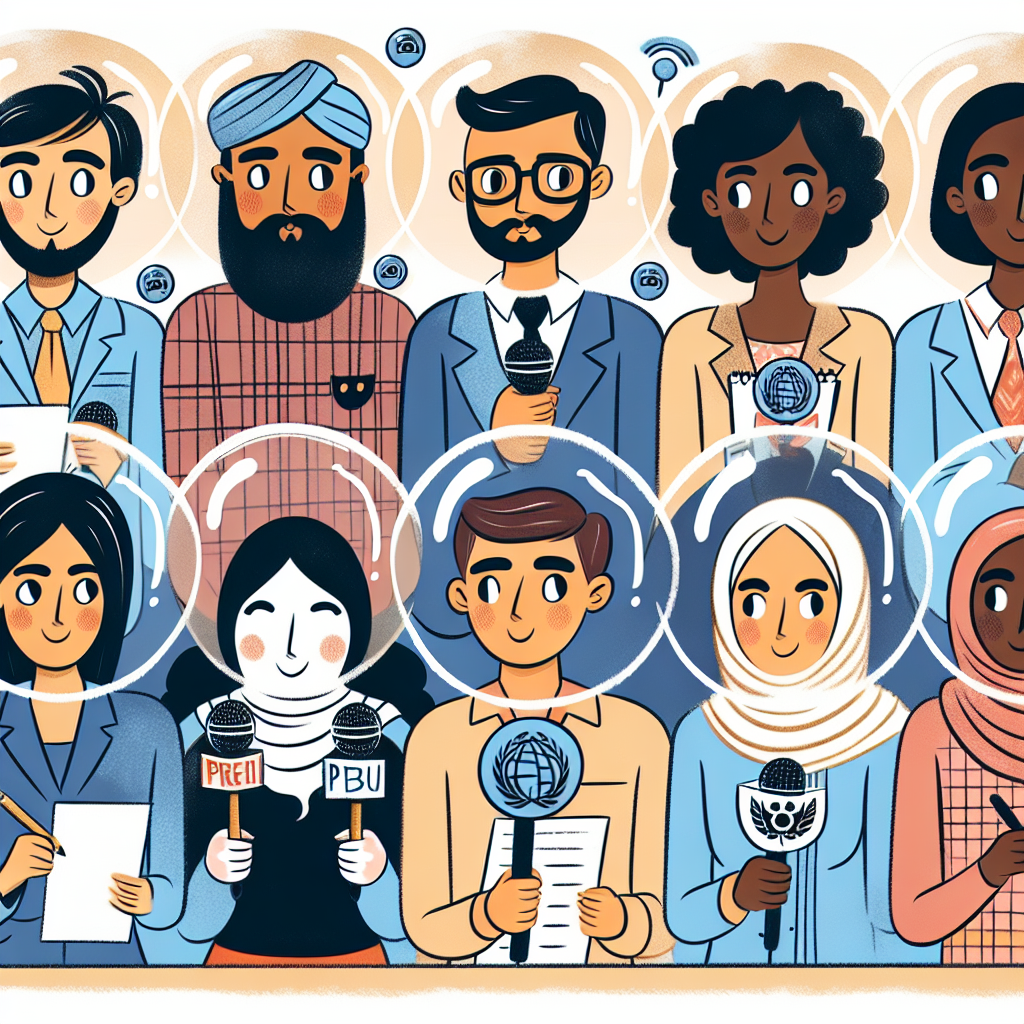In a stark warning issued today, Irene Khan, UN Special Rapporteur on freedom of opinion and expression, highlighted the alarming increase in transnational repression targeting journalists in exile, emphasizing the inadequate protection and support provided in their host countries.
Presenting her latest report to the Human Rights Council, Khan underscored that the surge in journalists seeking exile parallels the global rise of authoritarianism and the clampdown on media freedoms in many regions.
"Exile too often fails to guarantee safety," Khan lamented. "Hundreds of journalists who have fled their home countries face ongoing threats, including physical violence, digital attacks, and legal harassment orchestrated by their governments. This includes assassination attempts, assaults, abductions, and unfair prosecutions in absentia, often accompanied by retaliation against their families back home."
Khan pointed out that the peril to safety and security is exacerbated when host countries either inadvertently or knowingly become complicit in enabling transnational repression. This complicity can manifest through colluding in abductions or other forms of harassment initiated by the journalists' home states.
The report highlighted a disturbing trend of increased online violence, threats, hacking incidents, and targeted digital surveillance directed at exiled journalists over the past decade. Women journalists, in particular, face heightened risks of sexual and gender-based violence both online and offline, especially when they lack legal status in their country of asylum.
"Targeting journalists on foreign soil violates international law and demands unequivocal condemnation from the United Nations," Khan stressed.
She urged states to adopt a rights-based approach centered on human dignity and called on them to fulfill their obligations under international human rights law to protect journalists in exile.
"Journalists in exile urgently require enhanced protection against physical and digital threats," Khan asserted. "They need emergency visas, residence permits, and work permits from host governments. They also require sustained, coordinated support from donors and civil society to enable them to continue their vital work as public interest media."
Additionally, Khan called on digital companies to take more robust measures to safeguard journalists in exile, ensuring that essential technologies for journalism practice are not disrupted or weaponized against them.
In conclusion, Khan emphasized that journalists in exile should not be treated as political pawns but as individuals in distress who contribute, often at great personal cost, to the fulfillment of the fundamental human right to information.











